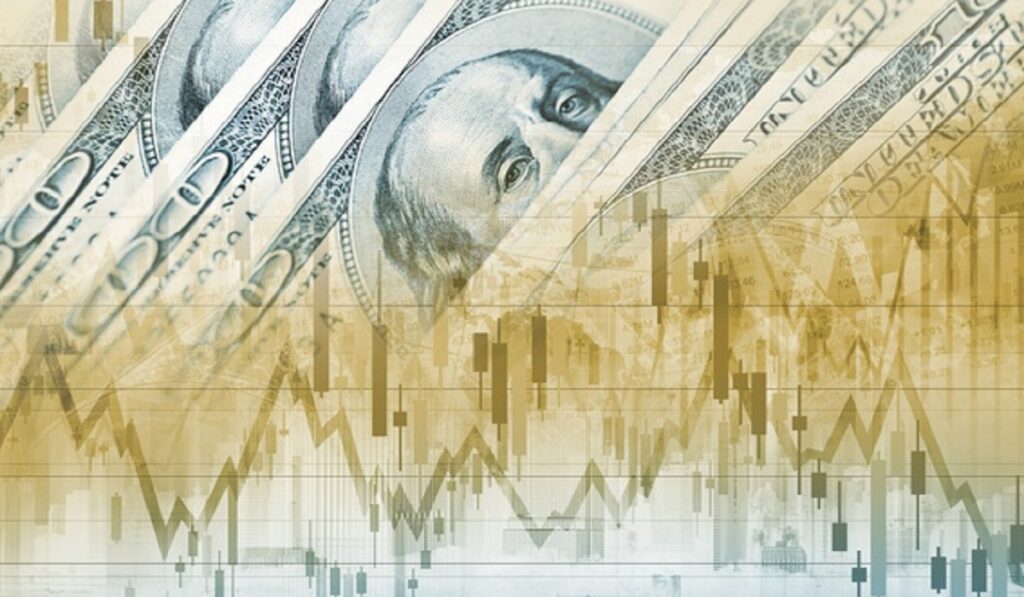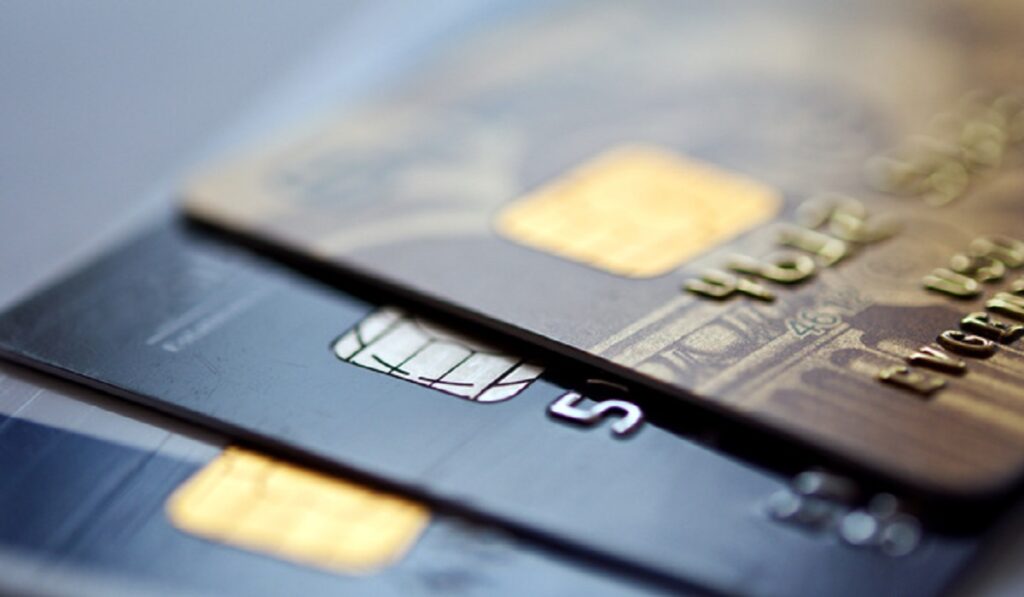Money Market Fund and Money Market Account: How to make informed decisions about your finances?

Money Market Accounts and Money Market Funds are popular short-term investment options. Money Market Accounts can provide you with a high level of liquidity and security while allowing you to grow your money.
1. Money Market Accounts (MMA)
Money Market Accounts (MMAs) are a type of savings account offered by banks and credit unions. They are low-risk investments due to their stability. In the United States, they are insured by the Federal Deposit Insurance Corporation. Deposits of a certain amount are covered.
Money Market Account Features
- Minimum Balance is required to open and maintain a MMA.
- Limitations for Withdrawals. Federal regulations limit withdrawals from an MMA each month, including checks and electronic transfers.
- Interest rates: While MMAs do pay interest, the rate is usually lower than that of riskier investments like stocks and bonds.
- FDIC Insurance. FDIC Insurance.
The advantages of Money Market Accounts
- Safety: MMAs are considered a safe investment due to their FDIC coverage. They are therefore a popular choice amongst risk-averse investors.
- Liquidity MMAs are relatively liquid compared to alternative investment options. However, there are some withdrawal restrictions.
- Interest Earnings – While MMAs do not provide as much yield as some other investments, they offer a better return than standard saving accounts.
Pros and Cons of Money Market Accounts:
- MMAs may yield lower returns than other investment vehicles, such as stocks and bonds.
- Minimum Balance and Fees Some MMAs require a minimal balance and charge a fee. This can lower your earnings.
2. Money Market Funds (MMF)
Money Market Funds are mutual funds that only invest in low-risk short-term securities. They are managed by asset managers. These funds are designed to provide investors with stability and liquidity.
Money Market Funds:

- Diversification: MMFs pool money from investors to purchase a wide range of short-term assets, such as Treasury bills, CDs and commercial paper.
- Net Asset Value (NAV) MMF shares are priced at $1 per share. NAV remains stable unless there are external factors at play.
- MMFs are not insured by FDIC: Unlike MMAs or MFs, MMFs are not insured by the government. Also, they are subject to market fluctuations.
- MMFs cover their costs by using expense ratios. This can have an impact on returns.
Money Market Funds offer many benefits:
- Diversification: MMFs provide diversification among short-term financial products, reducing overall risk.
- Professional management: The fund is managed by experienced professionals who will make investment decisions based on the fund’s objectives.
- Those investors who are looking for predictability will benefit from the $1 NAV. It is always constant.
Money Market Funds Cons:
- Risk. Although MMFs are relatively low-risk, their returns can be affected by changes to market conditions and interest rate.
- MMFs do not receive FDIC insurance. They do not have government insurance, unlike MMAs or MFs. MMFs are therefore vulnerable to losses.
Money Market Accounts and Money Market Funds are excellent choices for conservative investors looking to maximize their return. Money Market Accounts can be a good option for conservative investors looking for liquidity and security. Money Market Funds offer higher returns, but also a greater level of safety.
Before making any financial decisions, it is wise to consult a financial advisor. The differences between MMAs and MMFs can help you make an informed decision. You can then align your financial goals with your portfolio.






